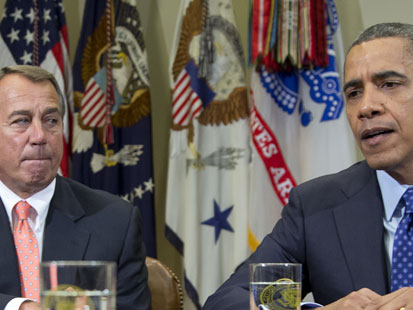"While we understand that India's law is currently being examined by the courts, we believe that consultations with the IAEA would be useful as a means to ensure that the liability law accomplishes our shared objective of moving India into the international mainstream of civil nuclear commerce," principal deputy assistant secretary of state for South and Central Asian Affairs Geoffrey Pyatt has said.
In his remarks to the Pillsbury NEI Nuclear Export Controls Seminar in Washington, Pyatt identified the nuclear liability law as a major challenge in implementing the historic India-US civilian nuclear deal.
A copy of his remarks was released by the State Department on Friday.
"India's nuclear liability law is not in line with the international nuclear liability principles reflected in the Convention on Supplementary Compensation for Nuclear Damage," he said.
"Current liability law and regulations impose the risk of a heavy financial burden on equipment suppliers seeking to enter the Indian market and expose such companies to the risk of significant financial penalty in the event of a nuclear accident, neither of which is consistent with international standards," Pyatt observed.
"Without a law consistent with this convention in place, companies from the United States as well as other nations will find it difficult to participate in India's nuclear power expansion plans," he said.
















